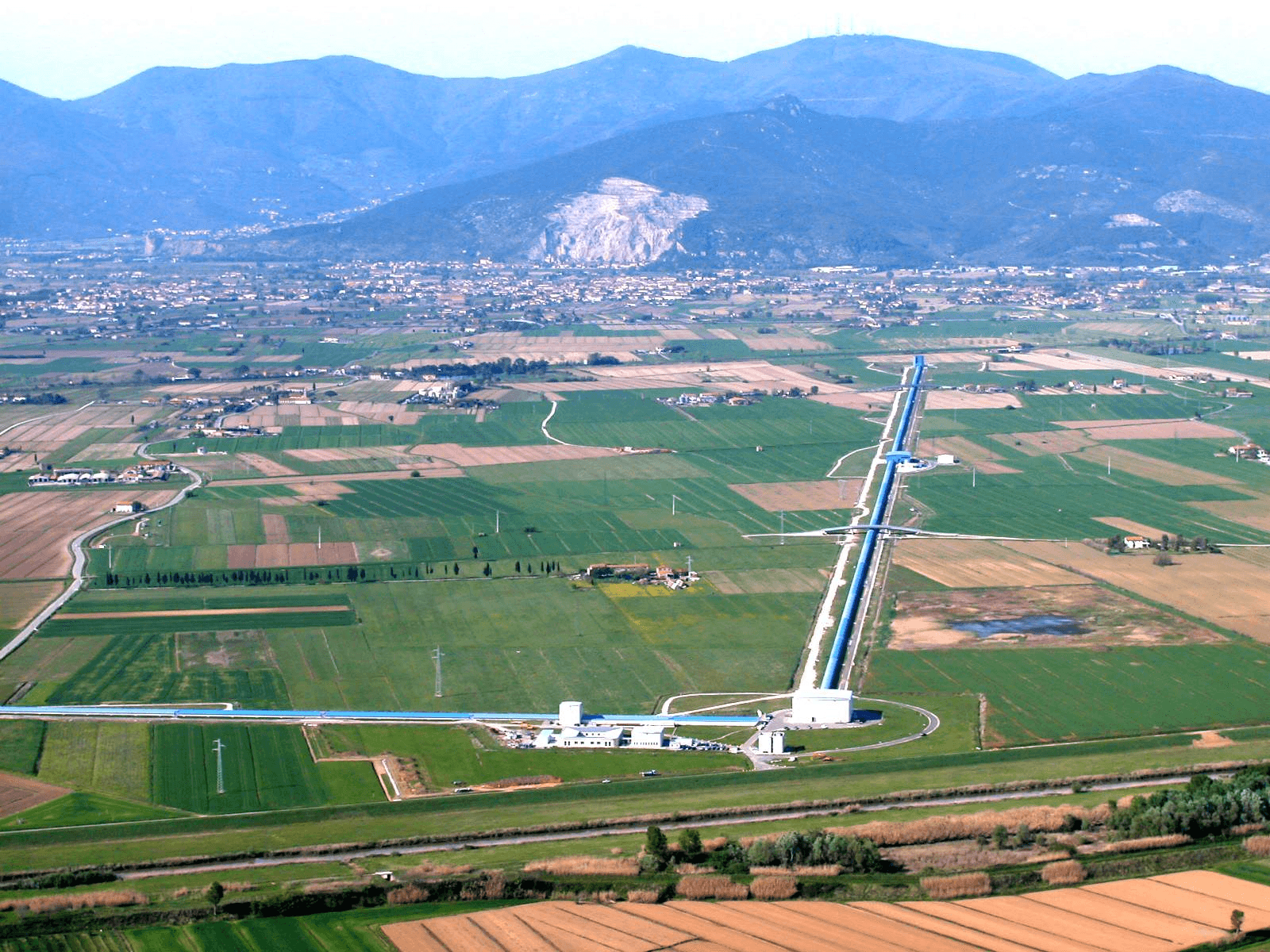This year is the “World Year of Physics”:http://www.physics2005.org/, as declared by the United Nations to honor the memory of Einstein’s “annus mirabilis” of 1905. That was the year that Einstein published his three ground-breaking papers on; (1) the photoelectric effect, establishing the particle or “quantum” nature of light; (2) the theory of heat and in particular the phenomenon called “Brownian Motion” whereby small particulate jiggle, as if bombarded by small particles, when suspended in liquid; (3) and last but not least, his paper on electromagnetism and motion which established the *special theory of relativity*.
I have been increasingly worried that the media isn’t all that concerned about this centennial of Einstein’s miraculous year. Physicists all over the world are using this year to contemplate the past, to recall the breakthroughs of the early 20th century, and to prepare for the great leap into the unknown that we have taken with the establishment of the dark matter, the discovery of dark energy, and the upcoming turn-on of the Large Hadron Collider at CERN. But where is the media, with retrospectives of Einstein’s life, with short programs on the Standard Model (the single most successful theory of nature **in history**), with biographies of modern physicists and their quest to unravel nature at her most magnificent and miniscules scales?
Thank goodness for “National Public Radio”:http://www.npr.org. Today on their program, “All Things Considered”, was a brief essay by commentator Aaron Freeman about a treasured possession of his. “Please check out this wonderful short essay online”:http://www.npr.org/templates/story/story.php?storyId=4586243.
I was personally struck by this essay in a number of ways. First, I always get giddy when I hear mention of a physicist whom I know. Herman White is one of those, a man who has been a great inspiration to me in the past three years of my life. Herman is a physicist at the Fermi National Accelerator Laboratory, and I have had the pleasure of getting to know him in short flashes over the last three years during the SLUO/UEC (lab users’ communities) joint annual lobbying trip to Washington D.C. Herman is one of the most seasoned participants in this trip, a great communicator and a great listener, a joy to watch when he engages in the art of lobbying Congress.
I was also struck by the presentation of a part of physics culture that we don’t think about often: the presence in the field of certain races and genders. We all remember Larry Summers’ comments about why women perhaps don’t make great scientists (has he never heard the names of Marie Curie, Emmy Noether, or Maria Goeppert-Mayer!?). This opened a raw patch in society, about the promotion of science to girls and women as they grow up in U.S. culture and in the schools. But another area of science, I think in particular physics, that we don’t often think about is the participation of black or latino Americans in the field. I personally know very few American physicists who hail from these groups, and I wonder whether the correlations between the social conditions or situations of these groups, the conditions in the cities or population centers of these groups, and the societal attitudes in the U.S. have, as with the perceived roles of women, done harm to the future scientists of our nation.
It’s too late at night for such thoughts. I guess I’ll close with this: 100 years since a miraculous event in our field, perhaps we shouldn’t just think about the future of the science we do, but also the future of the scientists doing it. Let’s make this the century when we crossed the social gaps with science, as we’ve crossed international gaps, and brought women and certain underrepresented racial groups the same opportunities that the majority have been afforded for too long.


